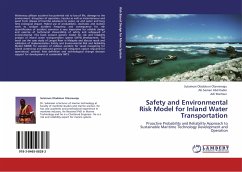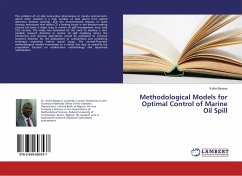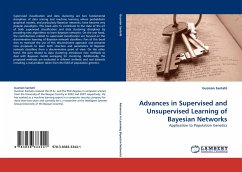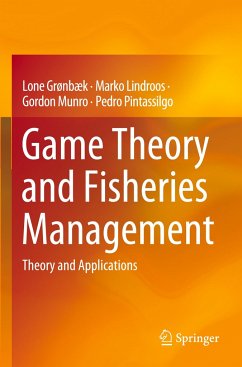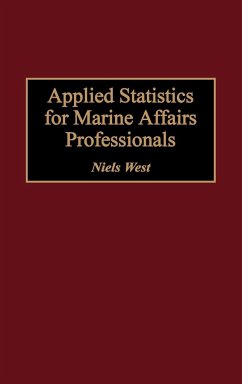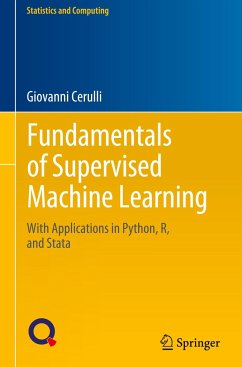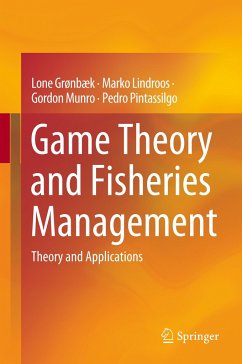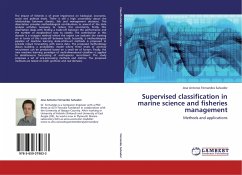
Supervised classification in marine science and fisheries management
Methods and applications
Versandkostenfrei!
Versandfertig in 6-10 Tagen
37,99 €
inkl. MwSt.

PAYBACK Punkte
19 °P sammeln!
The impact of fisheries is of great importance on biological, economic, social and political levels. There is still a high uncertainty about the relationships between climate, fish and management decisions. This dissertation provides methodological contributions to several of the data analysis activities necessary to reduce this uncertainty. Firstly, this dissertation deals with finding a trade-off between the performance and the number of zooplankton taxa to classify. The contribution in this domain is a wrapper method where the expert can evaluate the training set in terms of this trade-off ...
The impact of fisheries is of great importance on biological, economic, social and political levels. There is still a high uncertainty about the relationships between climate, fish and management decisions. This dissertation provides methodological contributions to several of the data analysis activities necessary to reduce this uncertainty. Firstly, this dissertation deals with finding a trade-off between the performance and the number of zooplankton taxa to classify. The contribution in this domain is a wrapper method where the expert can evaluate the training set in terms of this trade-off between both. Secondly, a methodological pipeline of machine learning state-of-the-art methods is proposed to provide robust forecasting with scarce data. The proposed methodology allows building a probabilistic model where three levels of anchovy recruitment can be predicted based on a small set of factors. Finally, the new machine learning paradigm of multi-dimensional classifiers is applied to simultaneous forecasting of multi-species recruitment. The study proposes a set of pre-processing methods and metrics. The proposed methods are tested on both synthetic and real domains.



